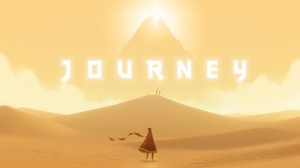 I am returned, triumphant, from my long sojourn of, er, not writing the last two reviews I have owed. And if that doesn’t really sound like all that much of a Journey, it’s because I’m trying to create a parallel with my unfortunate experience playing a short indie game of the same name.
I am returned, triumphant, from my long sojourn of, er, not writing the last two reviews I have owed. And if that doesn’t really sound like all that much of a Journey, it’s because I’m trying to create a parallel with my unfortunate experience playing a short indie game of the same name.
As you can see, last weekend was heavy with the light & easy games set, which… it did not convince me that small games that last a couple of hours is the way to go, but it certainly highlighted how much easier they are. I mean, yes to play, because you can’t write a particularly hard game that will only last 90 minutes, but especially I mean easy to find time for the playing of. Which is important! I can say anything I want about how much more I enjoy Dragon Age, but if I keep not turning on the XBox to play it, that claim rings pretty hollowly.
The irony is that Journey would otherwise be the perfect game to draw that comparison with. See, I finished it in about 20 minutes. You start out as a Jawa-looking dude[1] in the desert, climbing up a hill. Eventually, you see in the distance what look like places to go, and then you go to them, because you’ve ever played a videogame before. After doing some things in the desert which may or may not have any particular long-term relevance or unlock insightful cutscenes, you go through a portal to a snowy mountainscape. Or at least I did. After some additional snow-doings that may also have some kind of relevance or unlock some other set of cutscenes, a finale occurs. I can only speculate about all these things[2] because what happened to me was as follows: I collected a couple of glowing things in the desert, tried to take them back to a platform that looked like it might have been missing some glowing things but instead accidentally fell through a portal onto the mountain (was there a way back? I’m told yes, but it didn’t look like it) where I climbed for a while, turned right, dodged a (let’s say) dragon, climbed some more (briefly the climbing involved a Shaolin temple), and then after some brief spoilers[3], the game ended.
I’m pretty sure I did something wrong? You would think, in a game whose title explicitly alludes to the destination not mattering, it would not be so easy to perform a speed run, much less without intending to. Oh well. Perhaps I’ll play it again someday, when the memories have faded.
[1] Or possibly lady! If you’ve seen a Jawa before, you know I’m impressing my own opinion without any particular evidence.
[2] Well, not only speculate. I have hints from my incredulous host to go by as well.
[3] I’m taking it on faith that there were spoilers to be had. It was, from my perspective, merely an inexplicable happenstance.
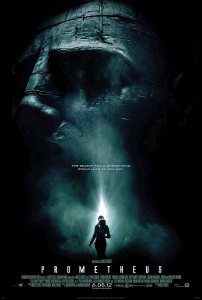
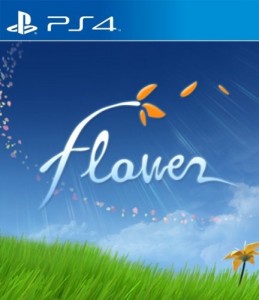
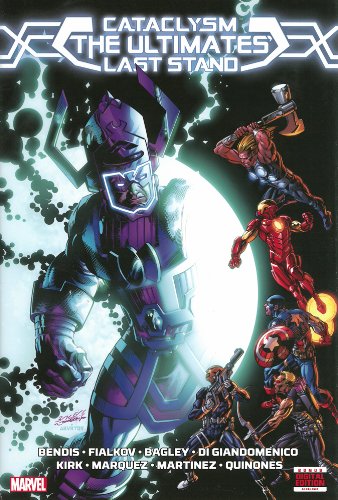
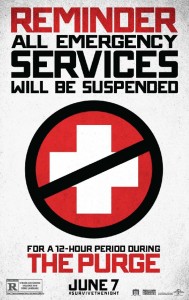
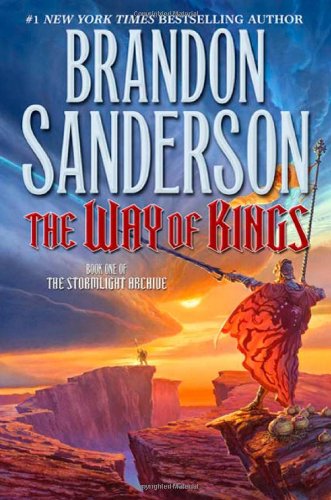
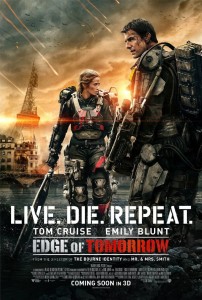
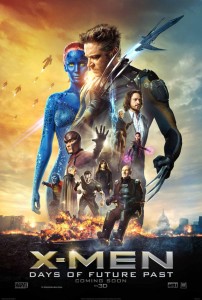
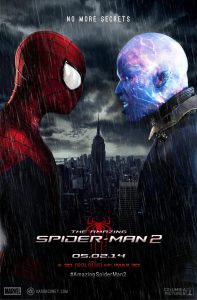 Can I just say I’m really happy that Spider-Man got rebooted? I would not have predicted feeling that way, but after two movies into the current franchise, it is become more and more clear to me that Tobey Maguire’s take just didn’t really cut it. It’s true, Peter Parker has a really hard life; but he’s not a sad, mopey person, and that’s what we got out of the previous trilogy. (Yes, the second movie starring Doctor Octopus was still incredibly done every step of the way, and my realizations do not take away from that in the tiniest regard.)
Can I just say I’m really happy that Spider-Man got rebooted? I would not have predicted feeling that way, but after two movies into the current franchise, it is become more and more clear to me that Tobey Maguire’s take just didn’t really cut it. It’s true, Peter Parker has a really hard life; but he’s not a sad, mopey person, and that’s what we got out of the previous trilogy. (Yes, the second movie starring Doctor Octopus was still incredibly done every step of the way, and my realizations do not take away from that in the tiniest regard.)